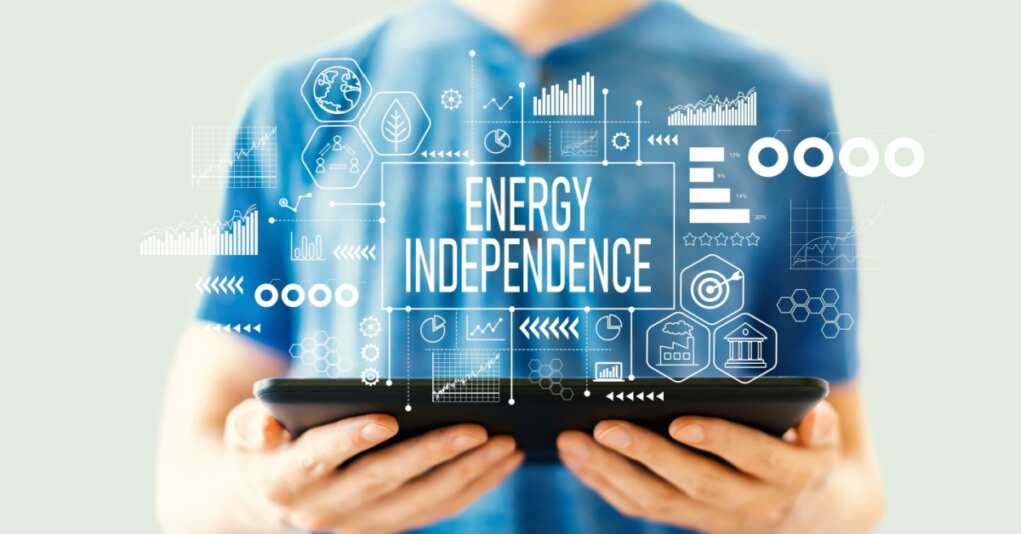EU Pushes for Energy Independence as Ukraine Conflict Reshapes Energy Policies

European Union leaders convened in Brussels today to address the ongoing challenge of energy independence in light of the Ukraine conflict, which has dramatically reshaped Europe’s energy policies. Since Russia’s invasion of Ukraine, the EU has been forced to rethink its reliance on Russian energy exports, sparking a shift toward renewable sources and alternative suppliers. The meeting comes at a crucial time as winter approaches, and European nations brace for potential energy shortages.
The agenda focused on diversifying energy supplies, boosting renewable energy projects, and securing long-term agreements with non-Russian gas exporters. European Commission President Ursula von der Leyen emphasized the importance of energy security, stating, “Our goal is to ensure that Europe is no longer at the mercy of external suppliers. We must accelerate our shift towards cleaner, sustainable energy while also ensuring reliable alternatives.”
Since the start of the Ukraine war, the EU has implemented several measures to reduce dependence on Russian gas, including sanctions and new trade agreements with countries like Norway, the United States, and Qatar. These efforts have paid off, with significant reductions in Russian gas imports across the bloc. However, experts caution that the transition to complete energy independence is far from over, with infrastructure and investment hurdles still to overcome.
One of the major challenges is the development of renewable energy infrastructure. The EU has ambitious targets to increase the share of renewable energy in its overall energy mix, but progress has been slower than anticipated. Wind and solar projects require significant investment and time to scale up, and the bloc must address the logistical challenges of integrating these new sources into existing grids. Leaders are also looking at nuclear energy as a viable option, though this remains a controversial topic among member states.
Germany, in particular, has been at the forefront of the transition, aggressively pushing for renewable energy while also phasing out nuclear power. However, this strategy has come under scrutiny, especially after Russia cut off gas supplies, exposing vulnerabilities in Europe’s energy network. Countries like France, which rely more on nuclear power, have argued for a balanced approach, suggesting that nuclear energy can provide a stable, low-carbon solution during the transition period.
As part of the broader strategy, the EU is also working on expanding its liquefied natural gas (LNG) infrastructure. New LNG terminals are being built across Europe, allowing countries to import gas from various global suppliers. This diversification is seen as a key step in reducing the EU’s dependency on any single source, but it requires substantial investment and cooperation among member states.
The war in Ukraine has been a wake-up call for Europe, forcing leaders to prioritize energy security alongside environmental concerns. Many see this as an opportunity to accelerate the green transition, using the crisis as a catalyst for change. “Europe has the chance to lead the world in clean energy, but it requires unity and commitment,” said Frans Timmermans, the EU’s climate chief.
The discussions in Brussels are expected to continue over the coming days, with leaders aiming to draft a cohesive energy strategy that balances short-term needs with long-term sustainability goals. The outcome of these talks could set the tone for Europe’s energy future, determining how quickly the bloc can pivot away from fossil fuels and embrace cleaner alternatives.
As the EU navigates these complex challenges, the focus remains on ensuring that European citizens have access to affordable, reliable energy without compromising the continent’s environmental ambitions. For now, the message is clear: energy independence is not just an economic priority but a strategic imperative in a rapidly changing geopolitical landscape.









